If you were captivated by the raw intensity and social commentary of Flame in the Streets (1961), this article is for you. We’ve curated a list of 10 gripping films and shows that share its themes of racial tension, societal struggles, and human resilience. Whether you're a fan of classic cinema or modern dramas, these picks will resonate with you.
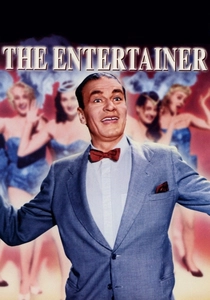
The Entertainer (1960)
Description: A fading music hall performer's decline mirrors the crumbling of traditional British values, set against a backdrop of post-war disillusionment.
Fact: Written by John Osborne, a key figure in the Angry Young Men movement, the film critiques British society and nostalgia.
 Watch Now
Watch Now 
A Taste of Honey (1961)
Description: A gritty portrayal of working-class life, touching on themes of single motherhood, interracial relationships, and societal judgment.
Fact: Based on a play by Shelagh Delaney, who wrote it when she was just 19 years old.
 Watch Now
Watch Now 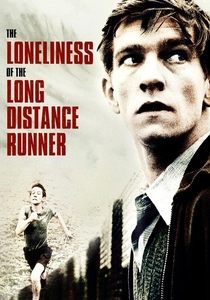
The Loneliness of the Long Distance Runner (1962)
Description: A rebellious youth in a reform school uses running as an escape, symbolizing the struggle against authority and class constraints.
Fact: The film is a quintessential example of the British New Wave, known for its stark realism and anti-establishment themes.
 Watch Now
Watch Now 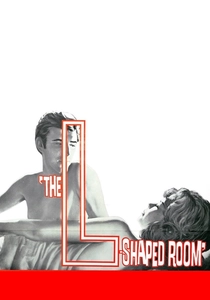
The L-Shaped Room (1962)
Description: A poignant drama about a pregnant single woman navigating societal stigma and finding solidarity in a rundown boarding house.
Fact: The film was praised for its realistic depiction of London life and its sensitive handling of taboo subjects.
 Watch Now
Watch Now 
This Sporting Life (1963)
Description: A brutal look at the life of a rugby player, highlighting the exploitation and emotional turmoil beneath the surface of working-class masculinity.
Fact: The film marked Richard Harris's breakthrough role, earning him an Academy Award nomination.
 Watch Now
Watch Now 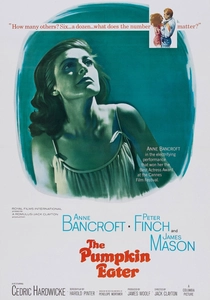
The Pumpkin Eater (1964)
Description: A deeply psychological drama about a woman's breakdown amid marital infidelity and societal expectations of motherhood.
Fact: The screenplay was written by Harold Pinter, known for his minimalist, tension-filled dialogue.
 Watch Now
Watch Now 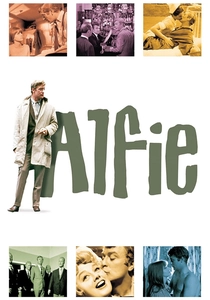
Alfie (1966)
Description: A charming but morally ambiguous womanizer navigates 1960s London, revealing the emptiness of his hedonistic lifestyle.
Fact: The film's breaking of the fourth wall, with Alfie addressing the audience directly, was innovative for its time.
 Watch Now
Watch Now 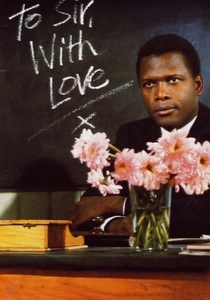
To Sir, with Love (1967)
Description: Centers on an idealistic teacher in a tough London school, addressing class and racial divides through education and mutual respect.
Fact: Sidney Poitier's performance and the title song by Lulu became iconic, with the song topping charts worldwide.
 Watch Now
Watch Now 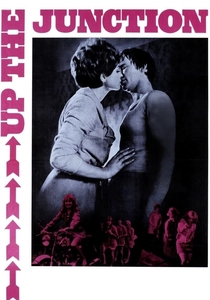
Up the Junction (1968)
Description: A raw, kitchen-sink drama about working-class women in London, dealing with love, abortion, and the harsh realities of life.
Fact: The film was adapted from a BBC TV play, which was controversial for its frank depiction of social issues.
 Watch Now
Watch Now 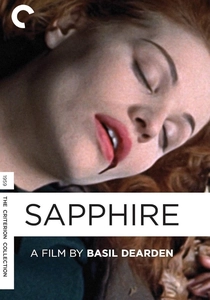
Sapphire (1959)
Description: Explores racial tensions and social issues in post-war Britain, focusing on identity and prejudice in a working-class setting.
Fact: The film was groundbreaking for its time, addressing racism directly and winning a BAFTA for Best British Film.
 Watch Now
Watch Now 








